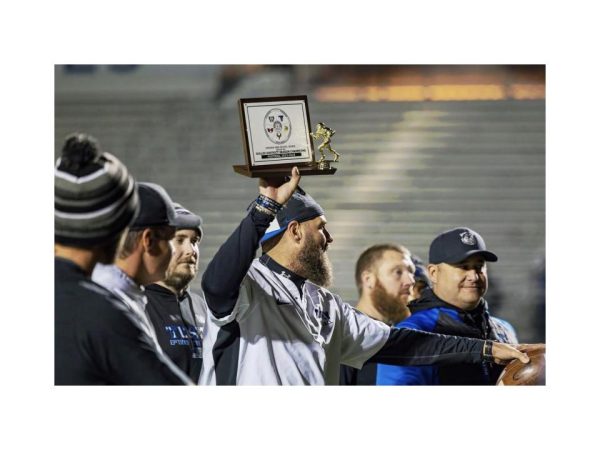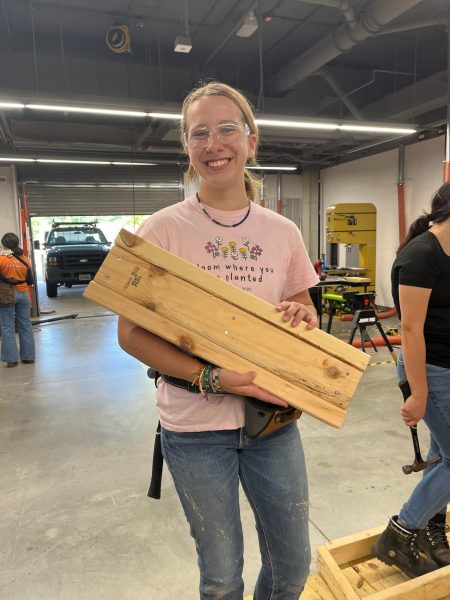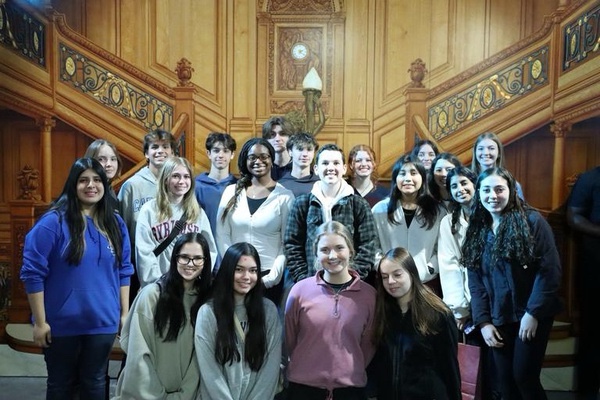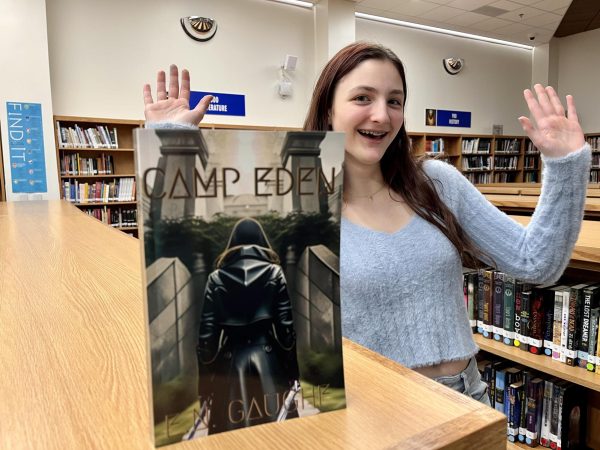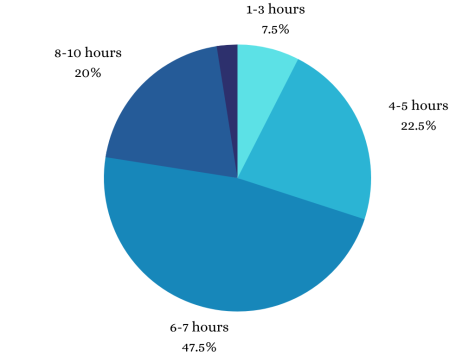College Season: Applying
Found a school, what’s next?

By: Njeri Jackson
To continue College Season, we will be focusing on the process of applying to colleges. Arguably the most complicated part of the college process, applying to college is no easy task. There are many different parts of the application that have to be thought of. Not all applications take long to fill out, but it depends on the school (always always reference the individual school’s website or email them for accurate information). Here is a breakdown of some of the major aspects that are part of applying to a college.
The Application
The actual college application usually asks basic information about the applicant like the chosen decision plan, intended area of study, residency status, etc. Sometimes writing supplements (the essays and written responses) will be in the actual application, but it depends on the school. Individuals will need to have information and documents about parents/guardians and themselves available, like driver’s licenses.
The Essay
Depending on the school, there could be anywhere from no essays to a large number of them. The CommonApp is probably the place many students in Northern VA are applying from. For those that don’t know, the CommonApp is a platform that gathers hundreds of colleges and universities in one place so instead of filling out a separate application for each school, all the schools are in one place. On the CommonApp, there is one main essay that is written, which is most likely the biggest essay that will be written if someone applies on the platform. The essay is able to be seen by all colleges (although some don’t look at it); it is called the “personal essay.” There are seven different prompts; one of them is always a “write about a topic of choice” essay. Coalition (another platform like CommonApp) has a similar setup. In addition to this essay, individual schools sometimes have their own essays that they want written just for that school.
Financial Aid
Affording college is one of the biggest things to think about when applying. Each family’s financial situation is very different and college is very expensive. Schools offer different financial aid whether that be scholarships, grants, loans, etc. Some schools are more affordable than others and schools range on how good their financial aid is. Private schools generally cost more than public schools and out-of-state tuition is almost always more expensive. College may be expensive, but financial aid is more readily available, so students don’t need to give up on college because it seems unaffordable; every person that wants to go to college should at least try.
Extra Documents
Additional documents are sent to colleges/universities which include a secondary school report, transcript, mid-year school report, counselor recommendations, and teacher recommendations, to name some common ones. Counselors usually help with getting this information to the institution, so it is important to contact them about it. Fill out all the correct forms so that the documents can be sent to the colleges.
For help on any part of the application process, there are numerous resources to help. Counselors, teachers, and college and career counselors are there at school to provide assistance. In addition, family members that have been through the process, college administrators (like admission officers), and friends can be helpful. There are articles online and other resources that are great for helping students apply. Don’t be afraid to reach out. In the next article in this series, a deeper dive will be taken into essays, which is a big topic all on it’s own. Stay tuned for information and advice that will hopefully help make the process a bit easier.




